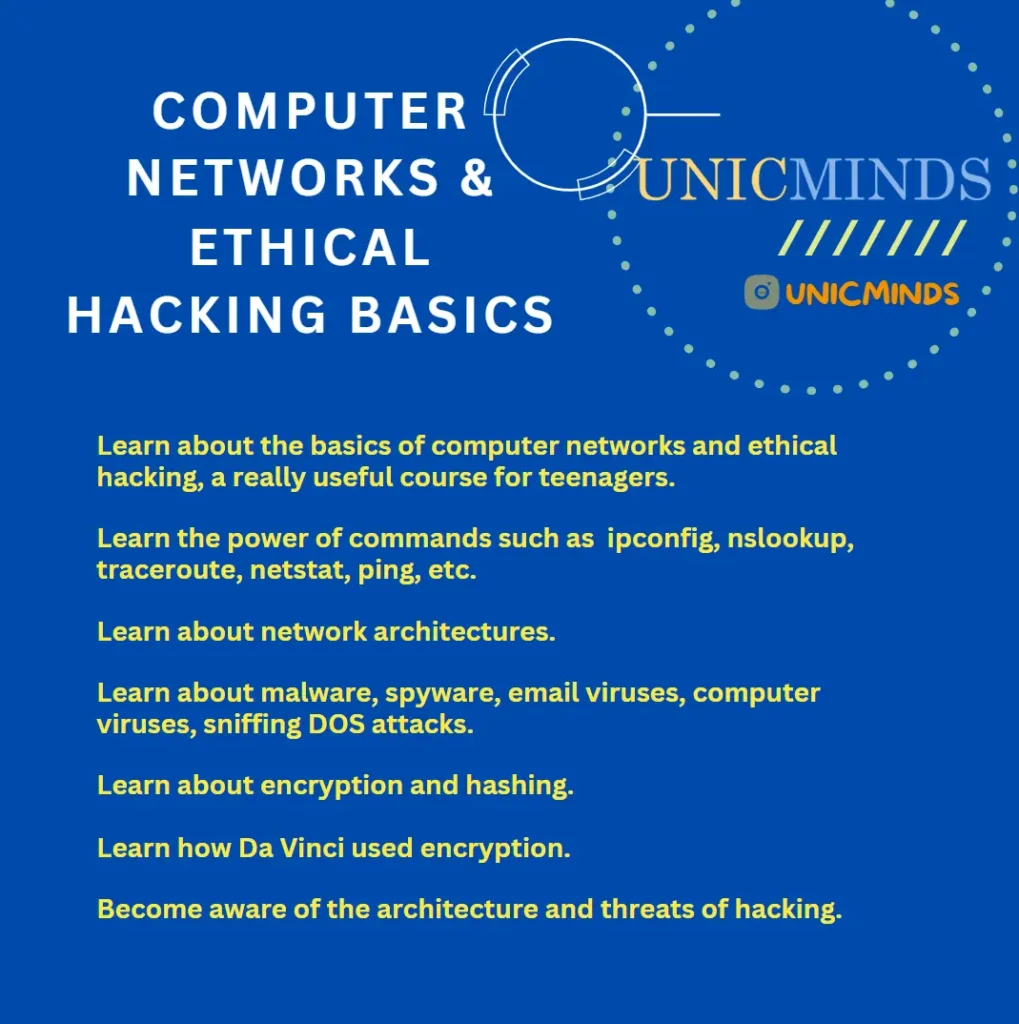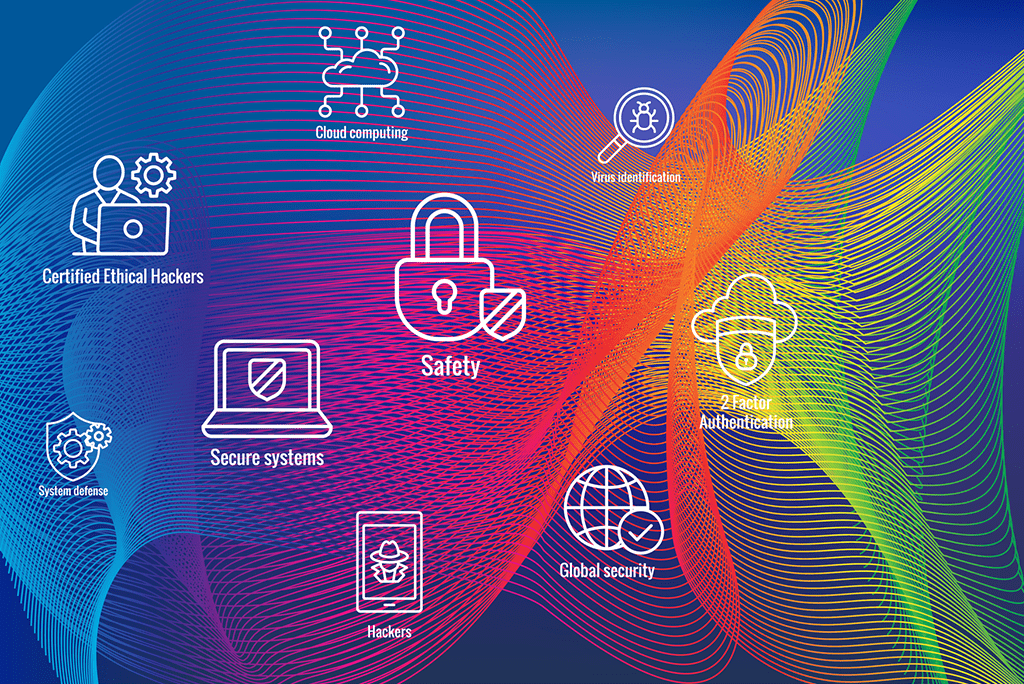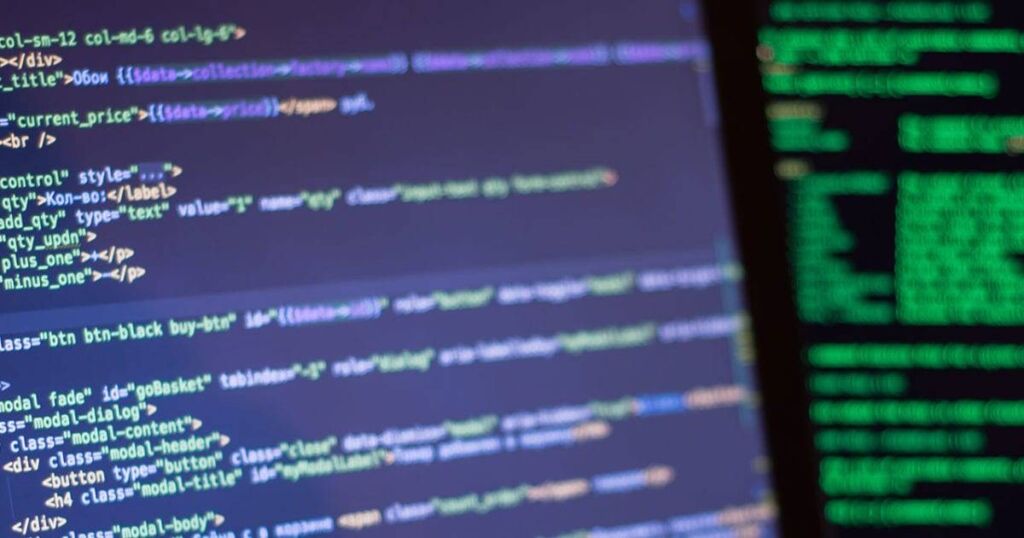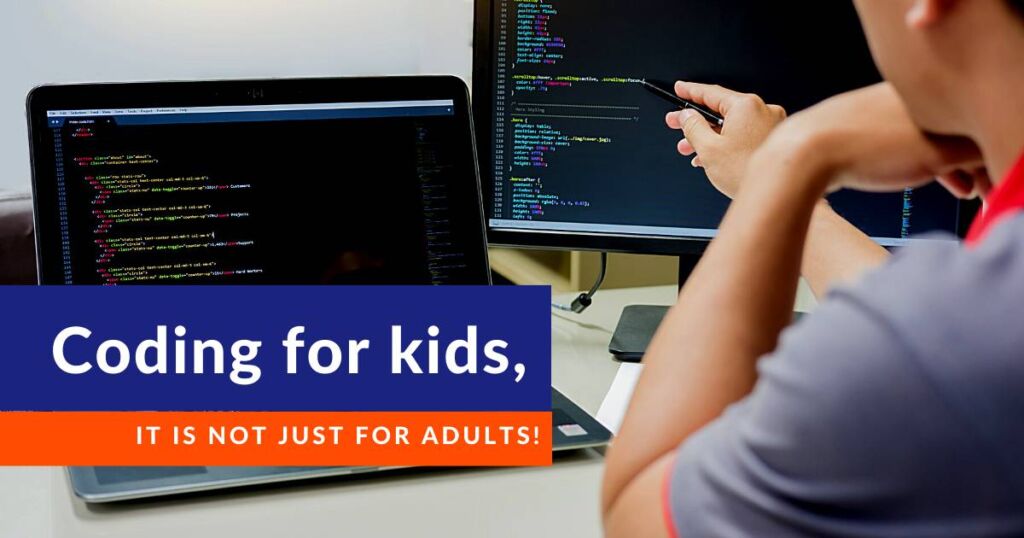Ethical hackers (white-hat) help organisations in assessing the security situation of the organisation. It is how your parents check the front door by pushing it once just before leaving the door locked to ensure the lock is intact. UnicMinds teaches ethical hacking to young kids with the necessary coding basics and understanding. It is a course taught to slightly older kids around 12-15 year olds who can understand security and vulnerabilities as something that is important.
Children are usually curious about hacking, but what we focus on is the dos and don’ts and the moral ground of hacking – ethical hacking vs. unethical hacking, white hat vs black hat. Unethical hacking is a crime and is a punishable offence in all law across the world.
The course starts with the above detail-orientation and then we move onto the architecture of programming, the basics of memory and CPU optimization, and how they open up vulnerabilities for different kinds of attack.
We then provide the children a basic understanding of file management and file permissions as this is the foundation to read/write any file. Then, we introduce different types of viruses, spyware and malware software. Moving on, we introduce different types of networks, basic network protocols and network attacks that can happen in different forms.
- Ethical Hacking orientation
- Basic structures of programs, systems and memory
- Different Input/Output devices
- File permissions in Windows and Linux OSes
- Using command line
- Using IP, ping, ports, mac addresses
- Understanding basics of various network protocols and services – ftp, http/https, ssl, ssh, etc.
- Basic types of Viruses and Malware software
- Introduction to LAN and Firewall
- System block programs, memory block programs and infinite loops
- Basics of Cryptography and Passwords
- Awareness about Keyloggers and Spyware.
- Hashing vs. Encrypting
- Public Key Encryption
- Writing own simple encryption algorithms
Not all hackers are criminals. Ethical hacking is where the hacker is given permission to try to hack into a computer system to identify potential security flaws. They are asked to mimic what a malicious hacker would try to do. By making an authorised hacking attempt in an ethical manner, it means organisations can fix any security vulnerabilities before unethical bad malicious (black hat – criminals) hackers can exploit them.
In fact, ethical hackers – security experts who infiltrate networks and computer systems with authorization from their owners – are increasingly being hired to identify vulnerabilities in cyber security systems, and helping organisations stop cyber crime before the attacks happen. Ethical hackers primarily help organisations in assessing security, threat modelling and documentation.
As you can imagine, the demand for hacking skills is on the rise. Businesses and organisations need ethical hackers to help them protect computer systems, applications, and data. An ethical hacker will sometimes be known as a “white hat” hacker, and will follow key concepts such as staying legal, reporting any vulnerabilities, respecting privacy and data sensitivity.
Hope this is useful, thank you.





